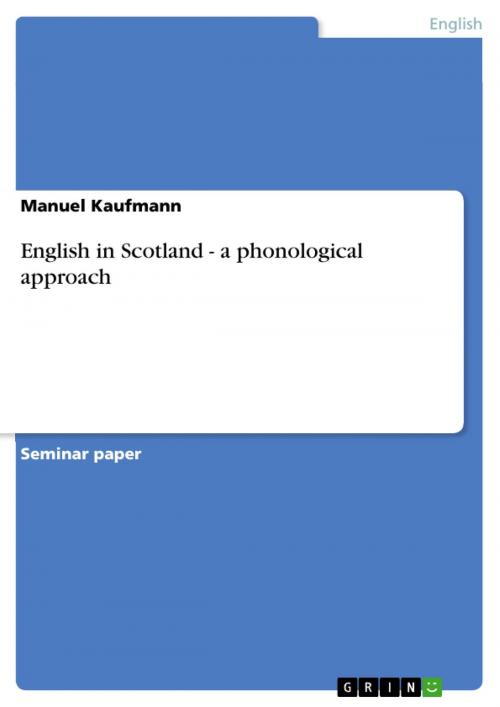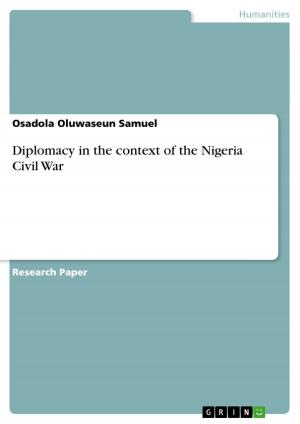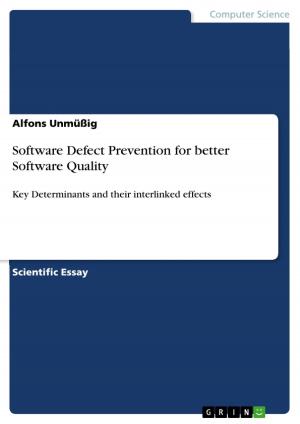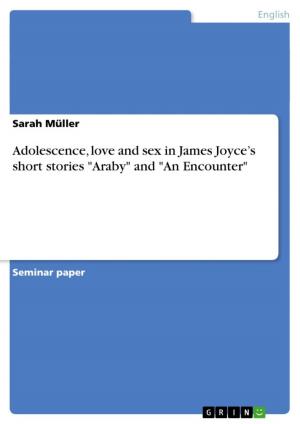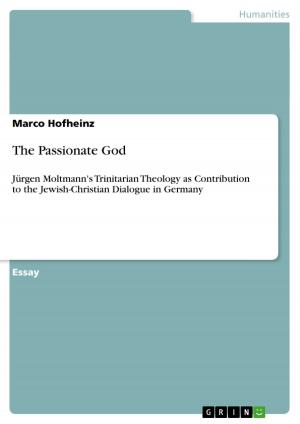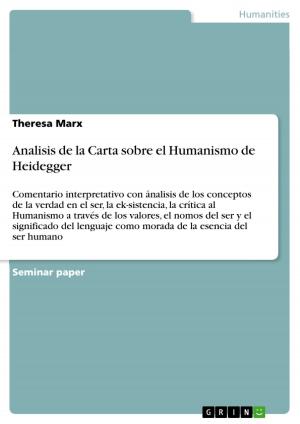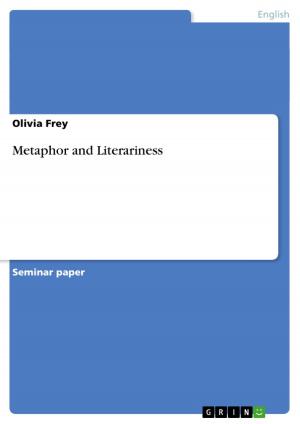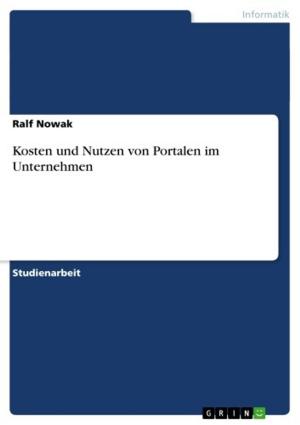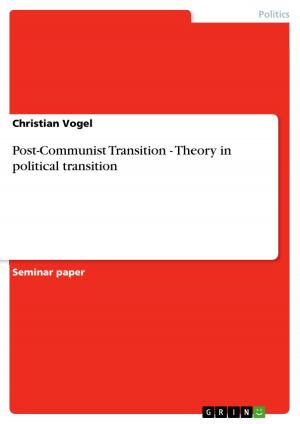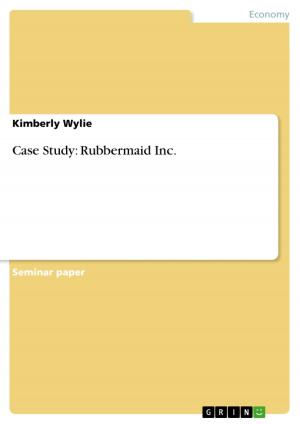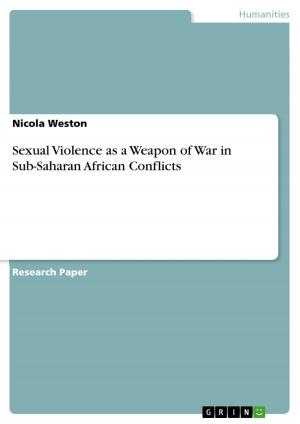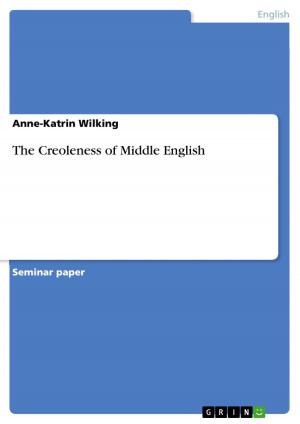English in Scotland - a phonological approach
a phonological approach
Nonfiction, Entertainment, Drama, Anthologies| Author: | Manuel Kaufmann | ISBN: | 9783638559195 |
| Publisher: | GRIN Publishing | Publication: | October 21, 2006 |
| Imprint: | GRIN Publishing | Language: | English |
| Author: | Manuel Kaufmann |
| ISBN: | 9783638559195 |
| Publisher: | GRIN Publishing |
| Publication: | October 21, 2006 |
| Imprint: | GRIN Publishing |
| Language: | English |
Seminar paper from the year 2006 in the subject English Language and Literature Studies - Linguistics, grade: 1,7, University of Marburg (Anglisitik und Amerikanistik ), course: Varieties of English, 15 entries in the bibliography, language: English, abstract: What is a language? How can we define it and what is its use? Without a speaker it would not exist, without a second speaker it would be useless. Everybody owns a part of it and contributes to its existence. It can only be defined by paying attention to the individual competence. This is important to consider when it comes to the description of a language as it is always only an approach towards reality. This paper aims to outline the phonological aspects of Scottish English, where this notion is of great importance due to the complexity of Scottish English. Most competences of the Scottish population rank from broad Scots to Scottish Standard English (SSE) depending on class and occasion (SSE being the wellaccepted accent of Standard English with only slight variation across the country and Scots referring to the actual dialect with large variation). There is an ongoing debate concerning definitions and categorizations around Scottish English which this paper aims to outline. 'What is the historical background of today's phonological situation in Scotland?', 'How can we understand attitudes of the Scottish people towards their own language?', 'what are the phonological aspects of SSE and Scots?' and 'can Scots be considered a language in its own right?' are the main questions which will be discussed in this paper. Neither the vocabulary and grammar, nor the language Gaelic (spoken by only 1,16% of the Scottish population) will be included in the phonological discussion.
Seminar paper from the year 2006 in the subject English Language and Literature Studies - Linguistics, grade: 1,7, University of Marburg (Anglisitik und Amerikanistik ), course: Varieties of English, 15 entries in the bibliography, language: English, abstract: What is a language? How can we define it and what is its use? Without a speaker it would not exist, without a second speaker it would be useless. Everybody owns a part of it and contributes to its existence. It can only be defined by paying attention to the individual competence. This is important to consider when it comes to the description of a language as it is always only an approach towards reality. This paper aims to outline the phonological aspects of Scottish English, where this notion is of great importance due to the complexity of Scottish English. Most competences of the Scottish population rank from broad Scots to Scottish Standard English (SSE) depending on class and occasion (SSE being the wellaccepted accent of Standard English with only slight variation across the country and Scots referring to the actual dialect with large variation). There is an ongoing debate concerning definitions and categorizations around Scottish English which this paper aims to outline. 'What is the historical background of today's phonological situation in Scotland?', 'How can we understand attitudes of the Scottish people towards their own language?', 'what are the phonological aspects of SSE and Scots?' and 'can Scots be considered a language in its own right?' are the main questions which will be discussed in this paper. Neither the vocabulary and grammar, nor the language Gaelic (spoken by only 1,16% of the Scottish population) will be included in the phonological discussion.
